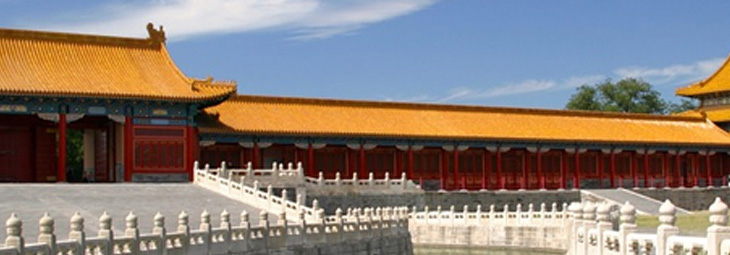


Oct 17 in Quito Ecuador, vice president and secretary general of UPSC was interviewed by UN Radio about China’s human settlement challenges and China’s role in New Urban Agenda.
Mr. SHI talked about Chinese urbanization experience and challenges. He said, for the past 30 years, China has encountered the world most complex urbanization with the world biggest rural migrants to cities. China has no model to follow, on the contrary, it has to set up its own model.
China is rapidly developing in economic development and also in urbanization. The world has recognized the success of China’s urbanization and development, and the Chinese wisdom of development, the vision of innovative, coordinated, green, open and shared development, is gradually accepted by other countries in UN system. UN values Chinese experience, both success and problems.
At least, I think in four aspects, Chinese urbanization experience can be of great use for other countries, especially developing countries.
The first question we are facing is how to allocate the increment of urbanization among different groups? How to guarantee equitable access to urbanization benefits for the poor and the disadvantaged people? How to encourage mixed-income development with equal access to land value increment accruing from public investment?
The second problem is how to reform for better urban planning and design for guiding urbanization? Integrated planning and design from different governmental departments is in urgent need.
The third problem is that we need to increase urban livability for more inclusive, more environmentally-friendly cities.
Lastly, urban and rural cultural identity is calling for our attention. China has realized that urban culture is indispensable of urbanization. With its laws, regulations and plans on conserving historical and cultural cities, villages and towns, China is trying to conserve its precious relics for future urbanization.
Dr. SHI also introduced the efforts Urban Planning Society of China(UPSC) had taken for the preparation of New Urban Agenda. From the very beginning, experts from UPSC took part in the drafting of International Guidelines on Urban and Territorial Planning(IGUTP), which forms the basis of zero draft of New Urban Agenda. In 2015, UPSC was summoned to recommend 6 Chinese experienced urban experts to participated in the policy units, and at last, Professor Maoqizhi from Tsinghua University, Dr. He Yong from Beijing Municipal Institute of City Planning& Design, and himself took part in three policy units and contributed to the discussions and final outcomes. UPSC and Italian Institute of Planning co-organized the No.6 Policy Unit on Urban Spatial Strategies: Land Market and Segregation, with policy paper and dialogue on Habitat III.